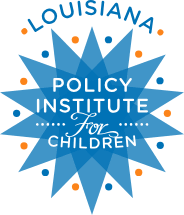Nearly 10,000 independent child care businesses across the state employ over 15,000 employees and support tens of thousands of additional employees across all industries by providing early education to their young children. Yet, in 2024, Louisiana’s child care landscape continues … Read More
Resources
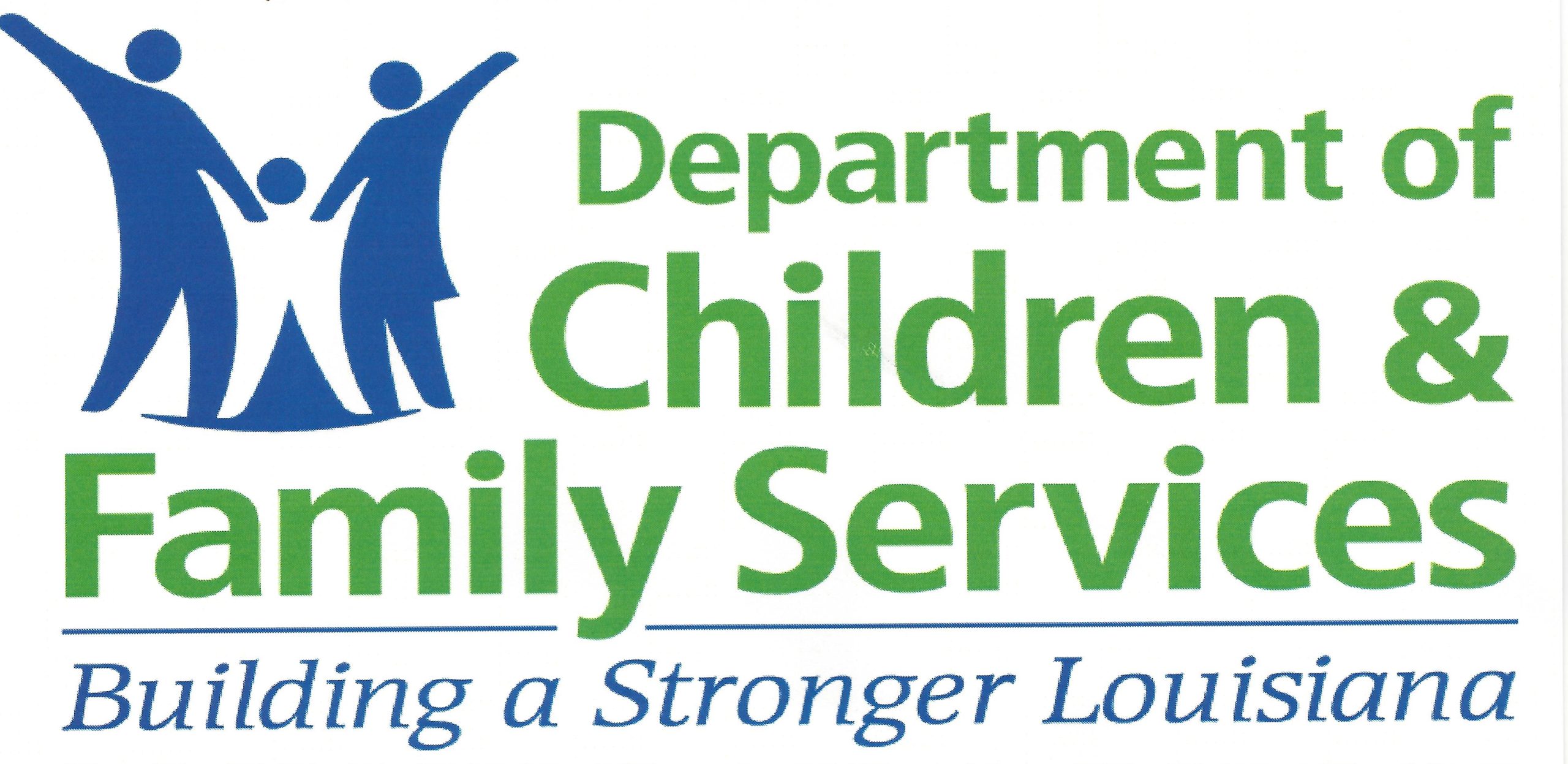
Louisiana Kinship Navigator
Introduction Kinship Care is the full-time care if children by relatives or others who have a kinship bond with a child and whose parents are not living in the home. You may be a grandparent, an aunt or uncle, sister … Read More

Engaging Black 2SLGBTQIA+Youth in Advocacy
Introduction Welcome to the Engaging Black 2SLGBTQIA+ Youth Implementation Guide. Created between 2020-2023 by the QIC-2SLGBTQIA+ community, this guide is a resource for professionals who are new to, or struggling with, engaging Black 2SLGBTQIA+ youth in their work. There are … Read More

Child Maltreatment
Overview All 50 states, the District of Columbia, and the U.S. Territories have child abuse and neglect reporting laws that mandate certain professionals and institutions refer suspected maltreatment to a child protective services (CPS) agency. Each state has its own … Read More

Child-Specific Recruitment For Older Youth
Finding permanent homes for older youth in foster care can be challenging. These youth can face barriers to adoption, such as perceived behavioral issues or worries about attachment, and often transition to adulthood without permanent connections. This leaves them without the … Read More

Opportunities for State Leaders to Safeguard LGBTQ+ Students’ Learning, Connection, and Safety
Introduction Approximately 2 million young people identified as part of the lesbian, gay, bisexual, transgender, queer, questioning, and additional identities (LGBTQ+) community in 2020, and federal data from 2021 show that 1 in 4 high school students identify as lesbian, … Read More
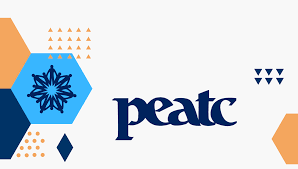
Employment Checklist For Students (ages 14-22) With Disabilities
Getting a job is an exciting experience that takes planning. There are important documents you may need before you can get a job. There are skills you will need to prepare you for employment, and actions that you may need … Read More
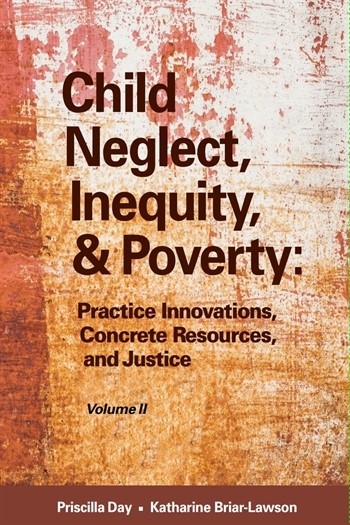
Child Neglect, Inequity, & Poverty: Practice Innovations, Concrete Resources, and Justice
Much of child welfare practice involves families who may have low income or be economically insecure. While most of these families do not engage in child maltreatment, they often lack sufficient resources—an issue that long has plagued families who are … Read More
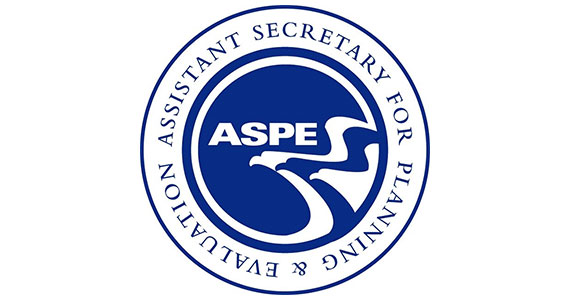
Timing of Medicaid Enrollment for Children Engaged with Child Welfare Services in Two States
This brief examines the timing of Medicaid and Children’s Health Insurance Plan (CHIP)—hereafter, “Medicaid”—enrollment relative to timing of engagement with child welfare services for children in Florida and Kentucky. The analysis covers children involved in child welfare systems from 2017-2021. … Read More

Building Successful Data Linking Teams for Child Welfare and Medicaid Agencies
Lessons Learned from the Child Welfare and Health Infrastructure for Linking and Data Analysis of Resources, Effectiveness, and Needs (CHILDREN) Initiative INTRODUCTION Linking data across public systems is beneficial for a multitude of reasons including care coordination, improving research on … Read More

